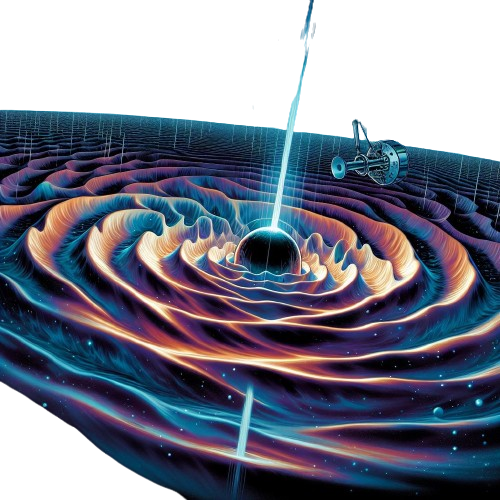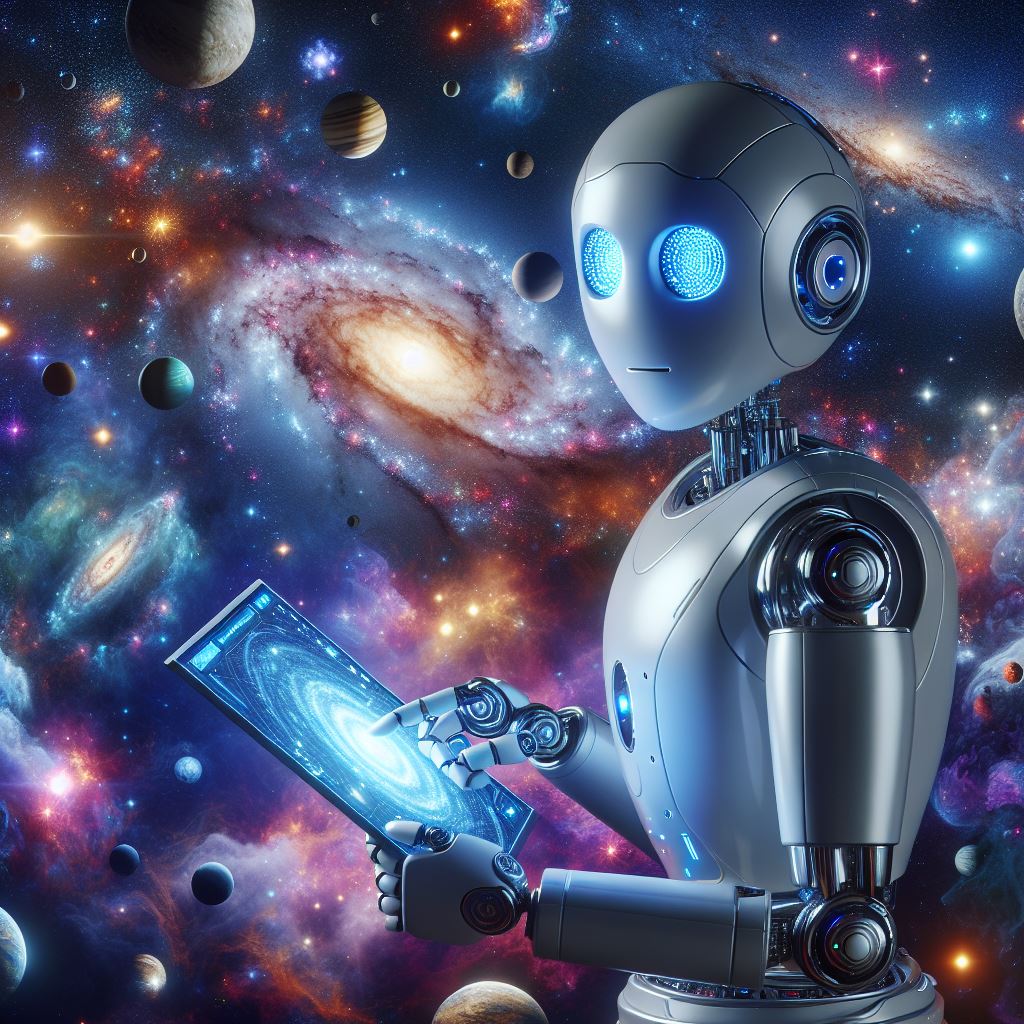Research Areas
X Center for Astrophysical Research

Gravitational Wave


X Center for Astrophysical Research



Gravitational waves are ripples in spacetime caused by the acceleration of massive objects, such as merging black holes or neutron stars. Predicted by Einstein's General Theory of Relativity, these waves carry information about their powerful origins and travel at the speed of light. Despite their tiny effects on space, they can be detected by highly sensitive instruments like LIGO, which measure the minute distortions in spacetime. Gravitational waves provide a unique way to observe the universe, offering insights into cosmic events that cannot be studied through traditional light-based methods, thus opening new frontiers in astrophysical research.
The application of machine learning (ML) to astronomical data has revolutionized the field by enabling the analysis of vast and complex datasets that traditional methods struggle to process. ML algorithms can identify patterns, classify objects, and make predictions from astronomical data, ranging from galaxy surveys to the detection of exoplanets and gravitational waves. These techniques are especially useful in handling the enormous volumes of data produced by modern telescopes and observatories. By automating tasks such as anomaly detection, image analysis, and spectral classification, machine learning accelerates discoveries and enhances our ability to study the universe in unprecedented detail, ultimately pushing the boundaries of astrophysical research.